15 Things You Can Do to Help the Planet
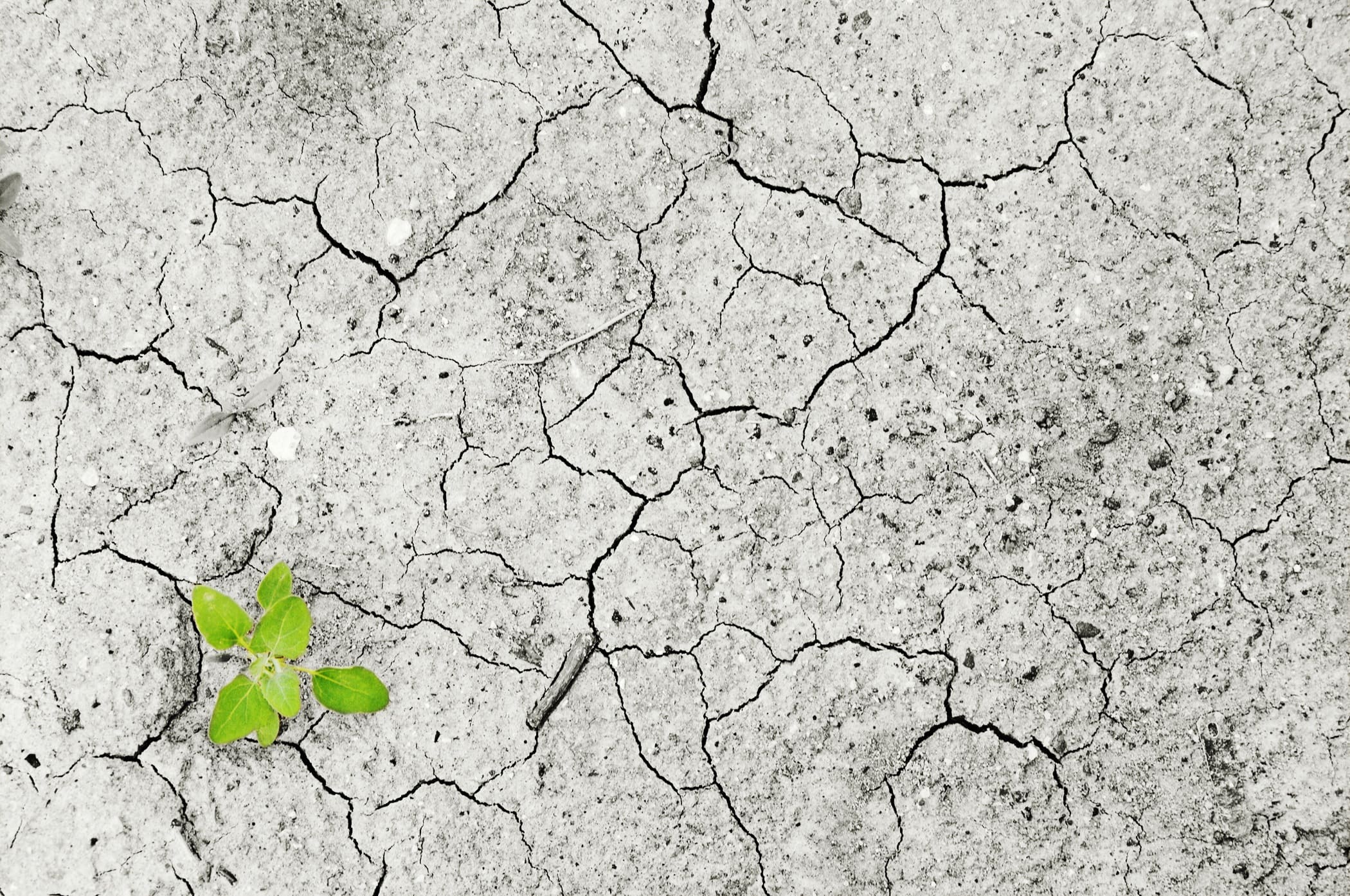
Simple Things the Average American
Can Do to Help the Environment
If you’ve been keeping up with the news you’re probably familiar with Greta Thunberg. If not, she is a young (15 years old!) activist and Swedish citizen determined to help the planet. Recently, she has been making big waves in politics with her demands for action from politicians on climate change. Greta is hugely inspiring, especially for the younger generations; who will inevitably have to pick up the trumpet of war for better policies on climate control. However, you don’t need to be Greta Thunberg to help the planet. In fact, she needs the help of every one us if we’re going to have a chance at survival. Every day we fight a battle to save our planet. This isn’t a fight with muscle or steel, however. We fight this battle with the choices we make: in the clothes that we wear, the food we buy, even in the way we dispose of our trash. All of these factors influence the human impact on climate change. But, thankfully, you can control how much impact you have. There are countless ways we can work together to help the environment. Here, we’ll talk about 15 important ways we can do our part to help save the planet.

What You Can Do to Help the Planet
1. Get In Touch with Your Local Government
What is your town or city’s stance on climate change and global warming? Do you know? We would like to assume that the place where we live has a progressive stance on global warming and an active plan to fight against it. If they don’t have proper planning in place for recycling, energy consumption, or pollution regulations, you could be the person who starts it! Get in touch with your local government to figure out what next steps your town or city can take to help the planet.
2. Educate
The first step to creating (and maintaining) a healthy planet is to get everyone on the same page. If you’re reading this, you probably already know that climate change is a serious problem now, and especially for future generations. However, maybe you have a coworker, a sibling, or a parent that doesn’t think that way. Maybe they throw their plastic water bottles in the trash and drive their car everywhere, even if they’re only going a few blocks down the street. Educating your friends and family on ways that they can help to reduce their environmental impact is hugely helpful in the climate change battle.
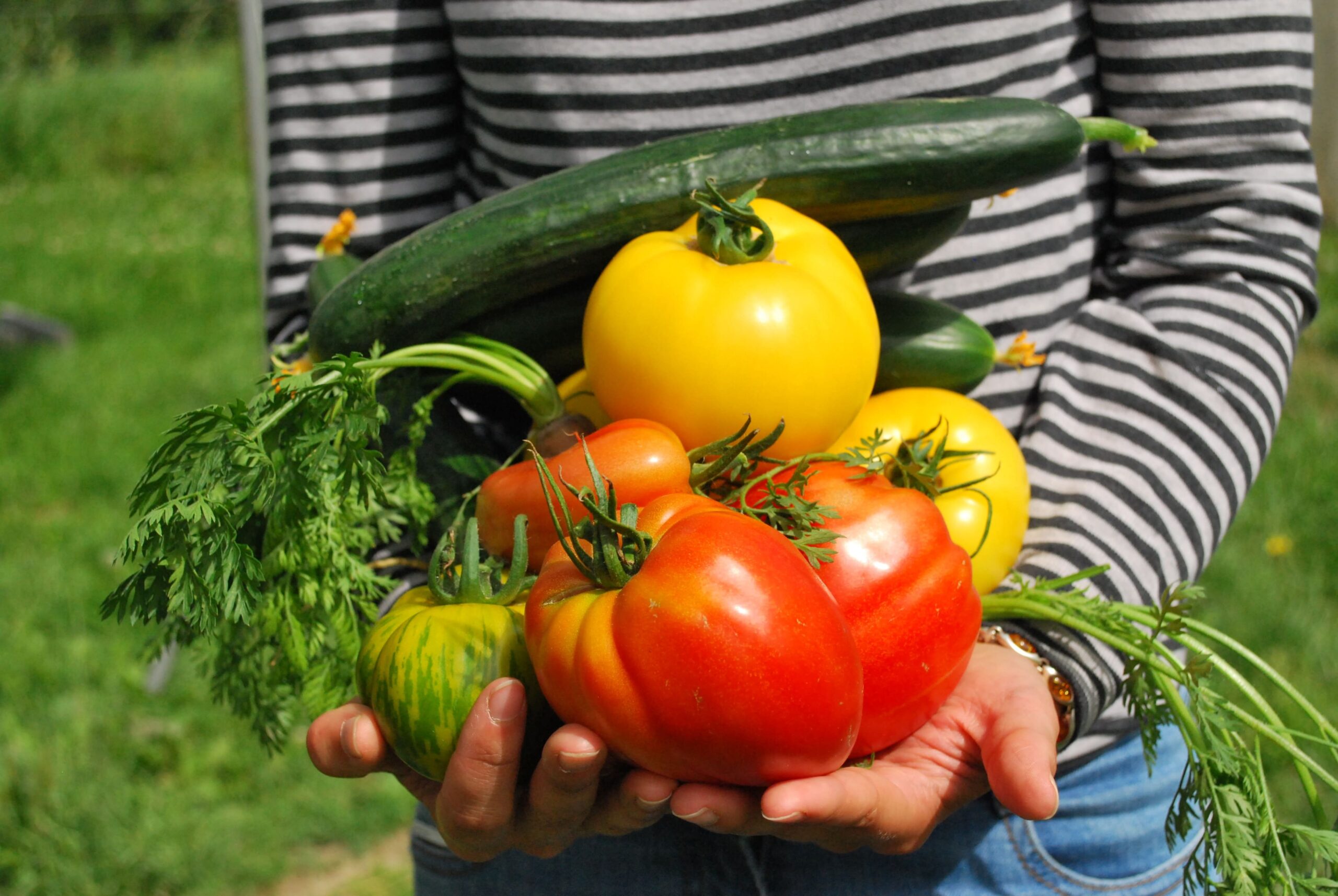
3. Plant a Garden
Hey, maybe we’re biased… we don’t mind admitting it; Forest Founders has its own creative way of doing this. But one very helpful thing you can do for the planet is to do your part in making it greener. By planting your own garden, you’re providing the Earth with more oxygen. And if you’re growing food, you’re also helping to reduce carbon emissions from the 18-wheelers shipping food from farm to grocery store to your home.
4.Conserve Water
Do you leave the tap water running while brushing your teeth? How long do your showers normally last? Understanding the subtle ways we overuse our water supply is helpful in reducing our unnecessary consumption of it. Reducing our consumption reduces the power and energy needed to make it potable and delivered to our homes.

5. Volunteer
If there’s one thing piece of information you take from this article, let it be this – the most effective way to help the planet is to get everyone involved. Everything you do to reduce your own impact on the environment is helpful, but without widespread action real change will be slow. Maybe too slow. Chances are there’s already a volunteer cleaning crew or educational force in your local area, but if there’s not, start one! Pick up trash off the streets and get it to recycling facilities, go to a local school and give a talk about the importance of saving the planet. Do whatever you can to help spread the good word of going green.
6. Reduce, Reuse, Recycle
You’ve heard these three “R”’s a million times, and there’s a reason for it – it’s important to have on your mind! Reducing the amount of waste we create, reusing what we can, and recycling what we can’t goes a long way in helping the planet. By paying attention to waste disposal, it’s especially helpful for minimizing humans’ impact on the environment.
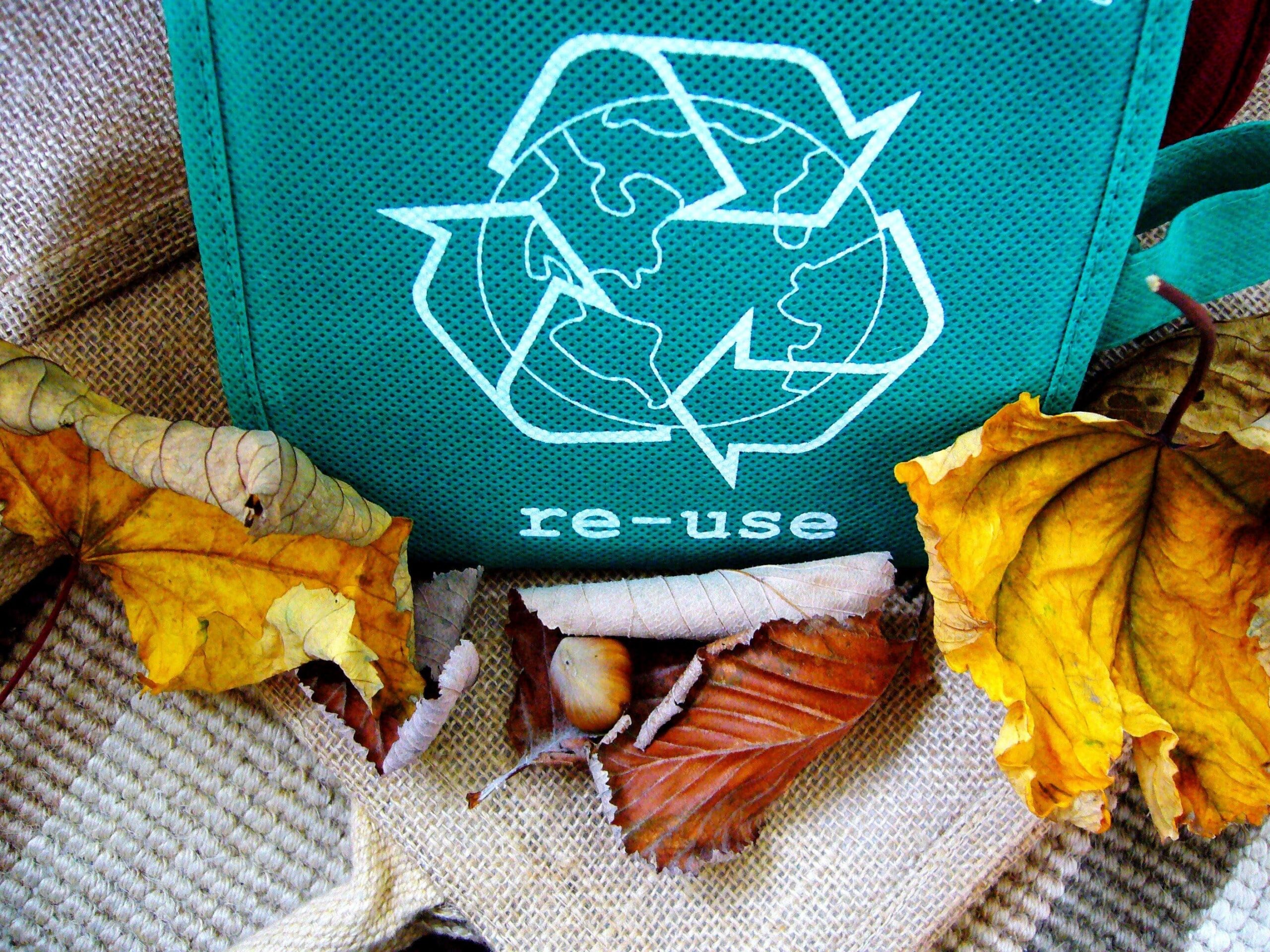
7. Eat Sustainable Seafood
According to the National Oceanic and Atmospheric Administration, more than 80% of the saltwater and freshwater fish we eat in the United States is imported. You might be thinking, “but America has such a rich fishing industry, why is it imported?”. Well, the reason is this: Americans catch the fish, export it to foreign countries to be processed, and then it is reimported to the U.S. for consumption. By eating fish caught by local fisherman, you are avoiding this ridiculous global shipping process. Not to mention you’re going to be eating a much, much fresher fish.
8. Ditch the Plastic Bag
There are a whole host of reasons to stop using plastic bags. For starters, they pollute the environment on land and at sea, and most are made from polypropylene, which is made from crude oil. We’ve all seen images of plastic bags being taken from the stomachs of marine life, fields filled with them, and every other horror story out there. If you’re like me though, you might forget to bring your reusable bag with you to the grocery store, so here’s a tip! Always keep reusable bags in your car with you. The more we practice (and create ways to sustain these practices), the more natural it will come to us. Because that’s why it’s so hard to get out of these habits in the first place; it’s what we’re used to. But it’s a bad habit, and our planet depends on us getting out of it.
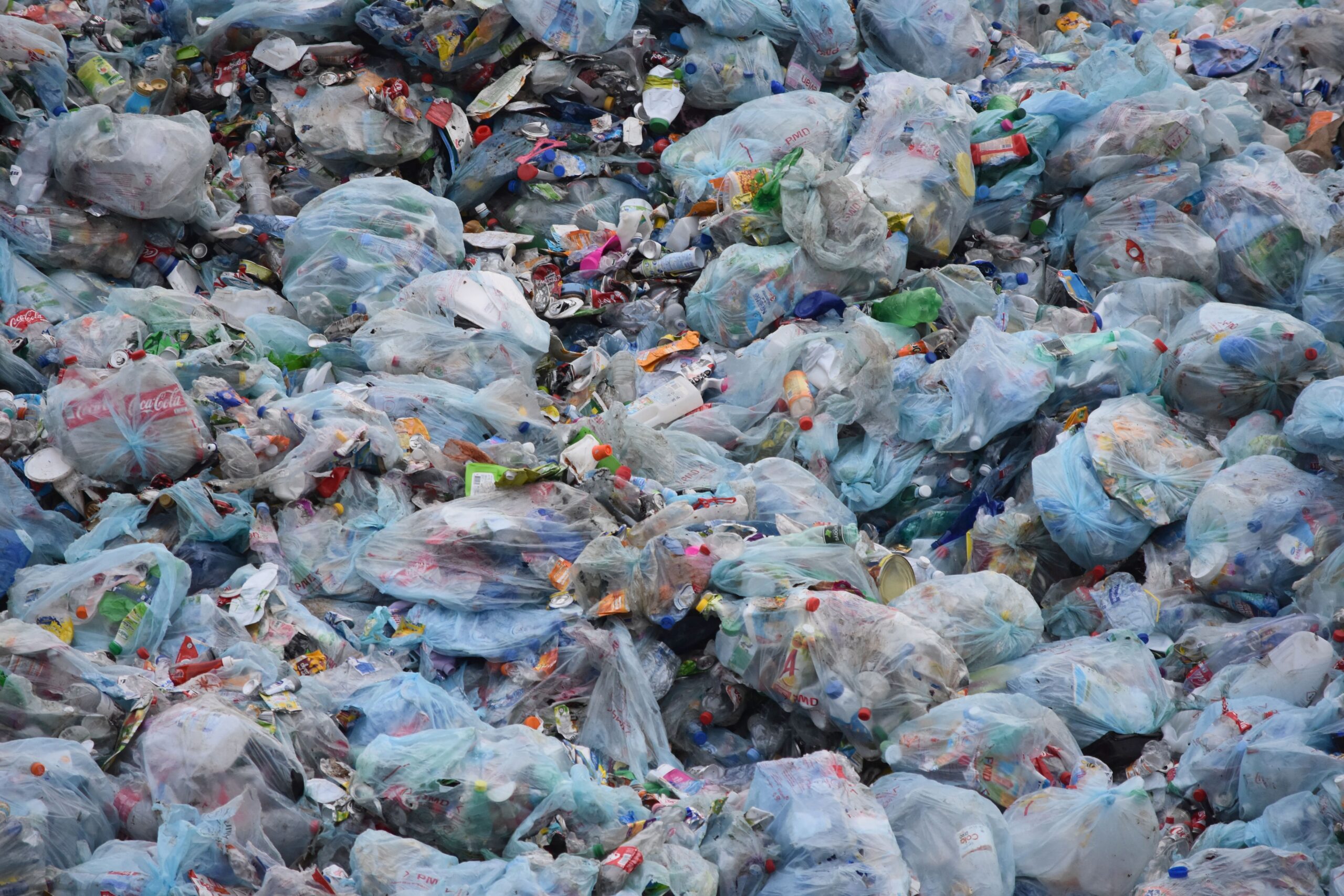
9. Keep Chemicals out of the Drinking Water
If you have children you know how hard it is to keep a clean house. For the really intense stains, we tend to turn to chemical cleaners. However, once we got the stain out of our favorite shirt, or scrubbed the indecipherable mess that’s been hiding and festering under the couch, where do those chemicals go? Well, if you used a rag to clean and then washed that rag, those chemicals are going into the water supply. That water will need to be treated before humans can consume it again, or worse, it might possibly go straight back into the environment. That’s why it’s so important to choose non-chemical cleaners for your home or office.
10. Stop Driving Everywhere
Cars are useful things. Hardly anyone lives the kind of life where they can walk or ride a bike to every place they need to be (unless you live in a city). Even you can probably admit it. Sometimes, you may use your car unnecessarily. Do your best to change that habit. Ride a bike or walk whenever possible to reduce your greenhouse gas emissions. Not only are you helping to save the planet, but it also saves you money on gas, maintenance, and all of the other things that go into running and driving your car.
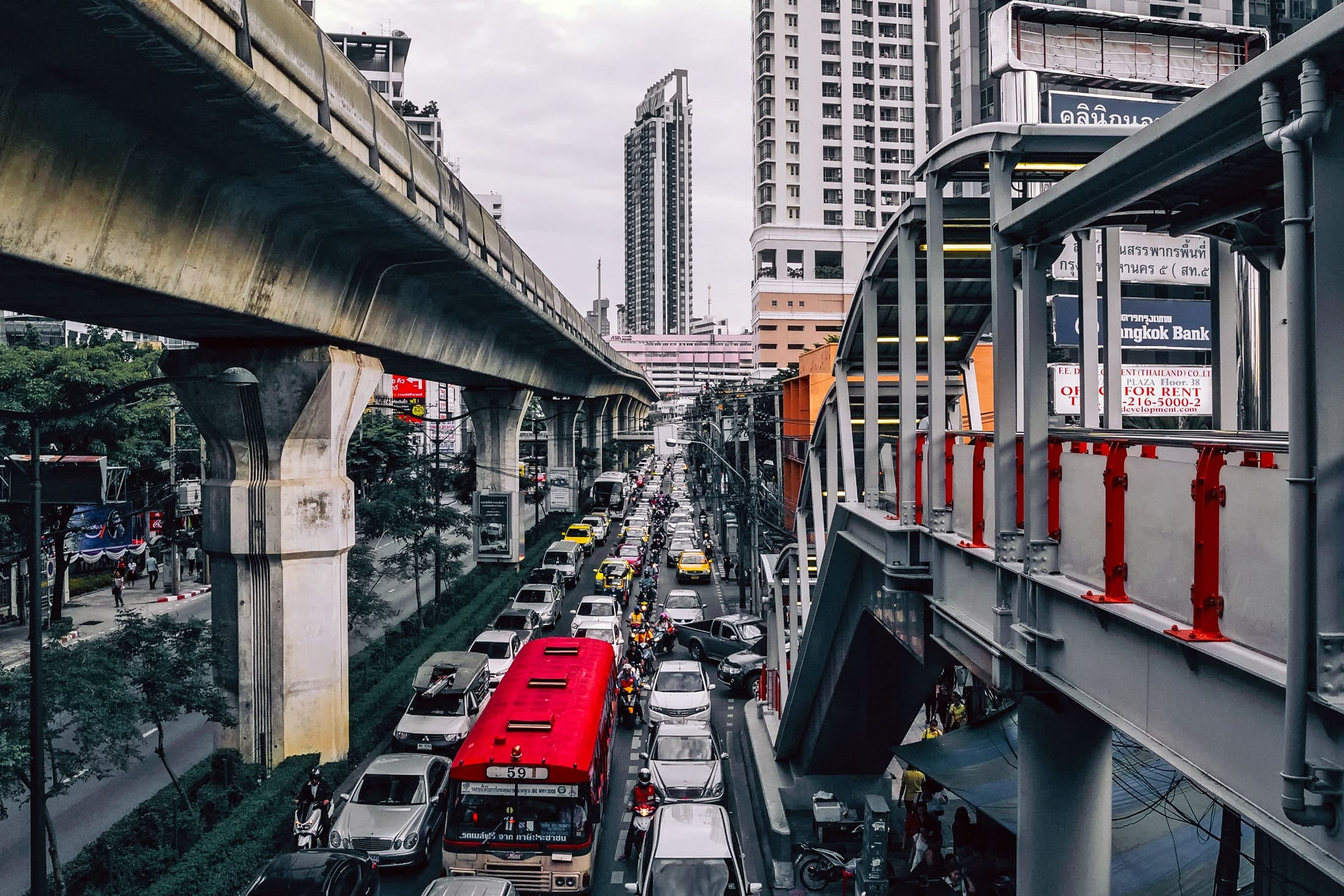
11. Energy Efficient Light Bulbs are a Bright Idea
Using an energy efficient bulb in your lighting fixtures at home is beneficial in several ways. First of all, Energy Star-qualified LED light bulbs use only about 25% of the energy of normal bulbs and last 15-25 times longer! That means fewer bulbs in landfills and less energy consumption in your home or office.
12. Eat Vegetarian One Day (or More) Every Week
The livestock industry is one of the leading contributors to the world’s most serious environmental issues. That’s why eating vegetarian for just one day every week is so hugely helpful. You can improve your own health while reducing the greenhouse effects caused by your diet.
13. Buy Second-Hand and Donate
We use an incredible amount of energy and resources refining raw material. Whether we’re making clothing, toys, cars or anything else, it doesn’t come easy. Buying clothes, books, or even electronics second hand reduces not only the energy used for the production of those objects but also their disposal. In addition to buying used or second-hand, consider donating food, or unused building materials, electronics, clothes, household items, etc. You can donate to local thrift stores, charities, homeless shelters, or food banks (to name a few). Not only are you reducing the clutter, but you can know that your donations are going to good places.
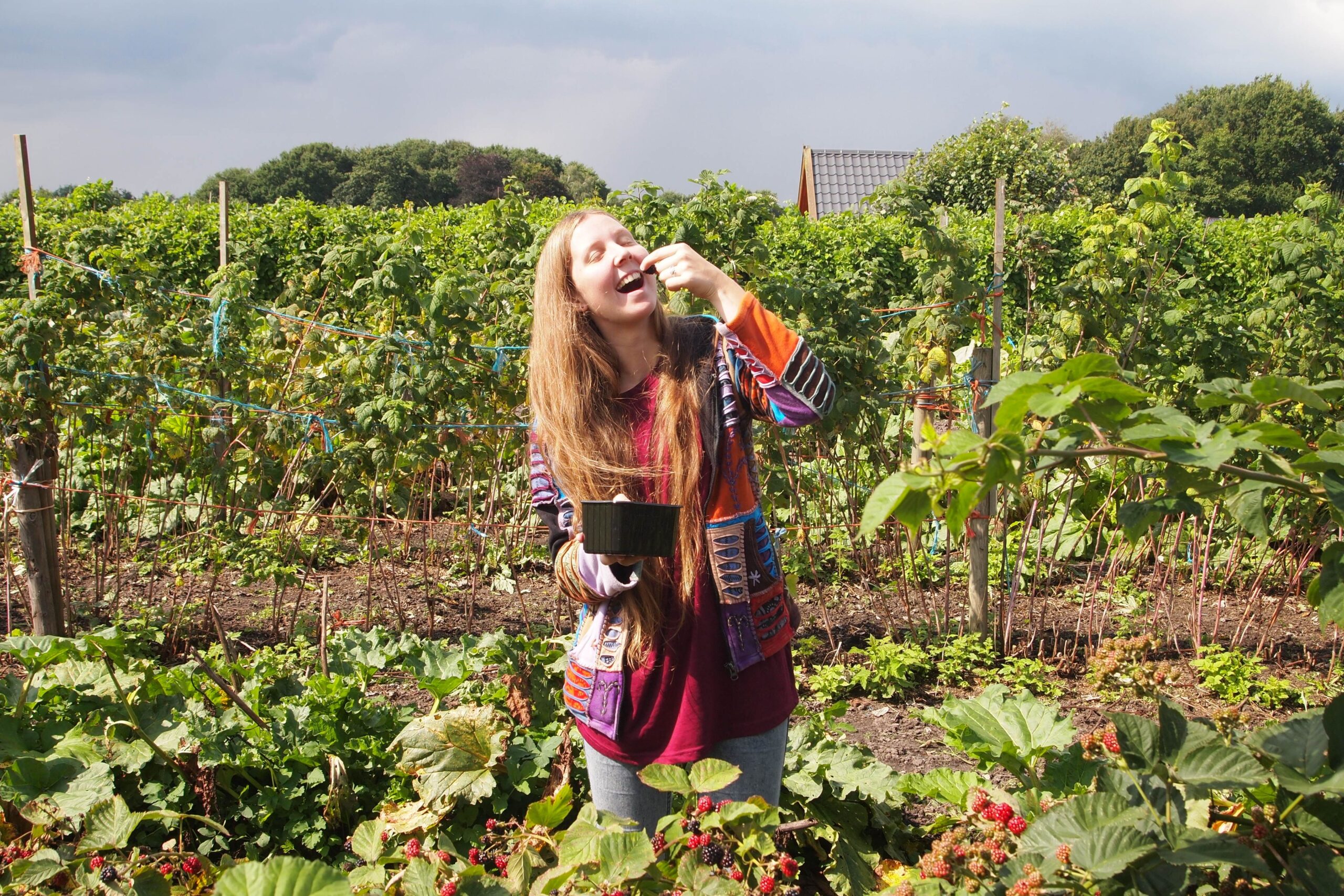
14. Reduce Paper Consumption
Every year, the average American uses 700 pounds of paper. That seems like a lot because… well, it is. We already know how important trees are to the environment (that’s why you’re here, right?), so imagine how much it would help the planet to make that number even smaller. Avoid paper products such as disposable coffee cups, paper bags, or printing paper when you don’t need to. Instead, use your computer to save things electronically. Further, make notes on your phone rather than a note pad. There are tons of small things you can do every day to reduce your consumption of paper products.
15. Get Involved
Living responsibly and sustainably is important for every person. However, our individual actions aren’t enough to save the environment. That is not at all to say our individual actions don’t matter, but we need to change the way we think and act on a global scale if we want to see positive change. Be vocal in your local government and community. Get involved in the state government. Call your senators and congressmen and women and let them know how you feel about climate change. More importantly, let them know that you demand action.
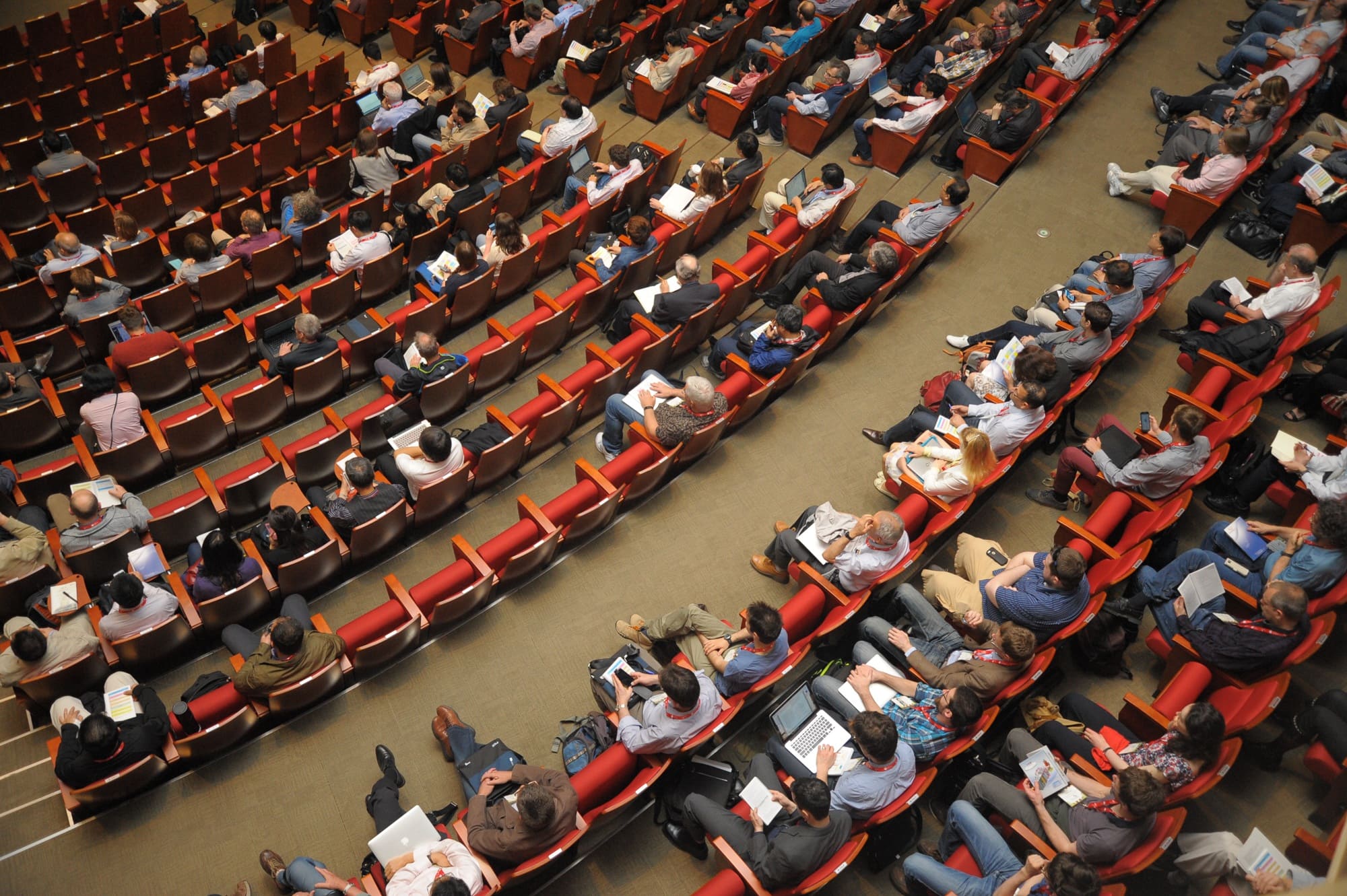
Reducing Pollution to Maximize Survival
It might seem like the “trendy” thing to be green now, but the importance of helping our planet goes far beyond just a trend. More accurately, we as a people are finally getting a real grasp of the negative effect we are having on the planet. So, become part of the solution. Integrate these ideas into your life, and if you want some extra help, find out what Forest Founders can do for you. After all, we’re all in this together.
